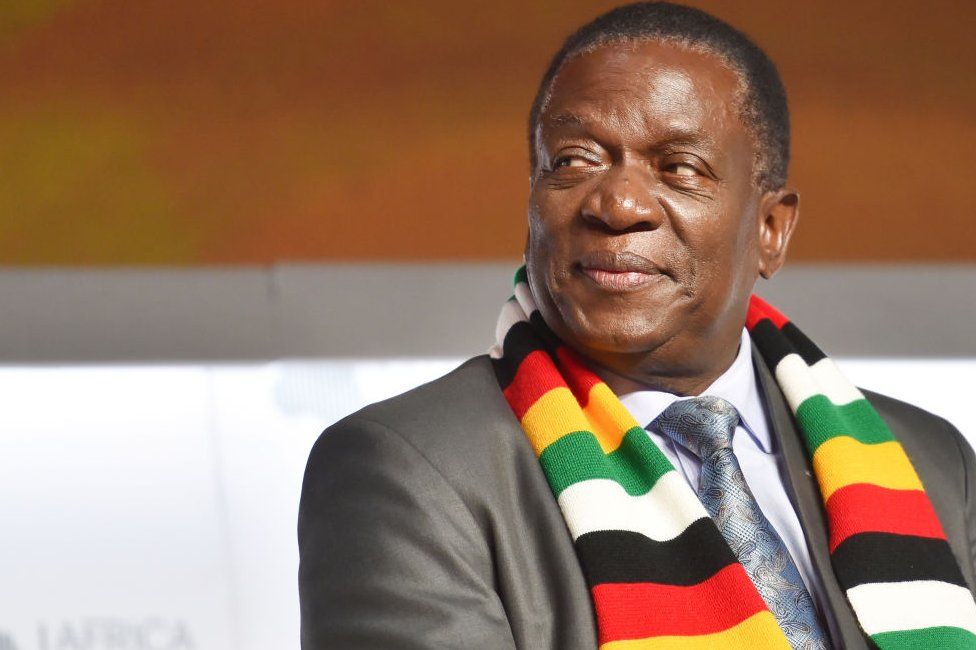
Brian Chitemba PRESIDENT Emmerson Mnangagwa stormed into office in November 2017 via a military coup which toppled the late strongman Robert Mugabe. Zimbabweans then went for elections in July 2018 to elect a leader and Mnangagwa got 50,8% of the vote against Chamisa’s 44,3%.
Chamisa cried foul. He approached the apex court seeking to overturn the election results but he lost. What followed was Chamisa’s complaints about Mnangagwa’s lack of legitimacy. The Citizens Coalition for Change leader publicly refused to acknowledge Mnangagwa’s presidency.
But Mnangagwa is almost through with his first term and is seeking re-election next year. As the plebiscite is imminent, research surveys by reputable institutions cannot be ignored. This week, pan-African research network Afrobarometer and the Mass Public Opinion Institute (MPOI) released survey results on the level of trust Zimbabweans have on political leadership. Both Afrobarometer and MPOI – led by seasoned political scientist Eldred Masunungure – are respected research organisations, hence their findings matter in the study of the contemporary political matrix in Zimbabwe.
What shocked many was that 51% of Zimbabweans still trust Mnangagwa despite the economic malaise that has thrown over half of the population into extreme poverty. This now raises pertinent questions as to how do a significant portion of the populace trust a leadership presiding over a collapsing economy with crippling foreign currency shortages, corruption and high unemployment.
Despite the government failing to keep the prices of goods and services stable and to narrow the gap between the rich and poor, 51% of Zimbabwe have faith in Mnangagwa’s government. This gives the Zanu PF government confidence as far as political legitimacy is concerned. This is so because popular trust is one of the key indicators of legitimacy in a functional democracy.
But academics have been arguing, particularly regarding the social demographics of the sample survey in which 64% of the people who trust the President are those who lack basic education and 58% as those living in poverty. Precisely, the majority of those trusting Mnangagwa are the rural folk while urbanites don’t share the same view. And there are competing factors which make the rural dwellers trust the President such as farming inputs, fear and intimation, among many reasons.
Regardless of the high levels of trust by mostly a Zanu PF constituency, Mnangagwa must do more to stabilise the economy, mainly through resolving the currency crisis and taming skyrocketing food prices. What Finance minister Mthuli Ncube said this week that there was no crisis is simply utopian. Even the Afrobarometer research concludes that 72% of citizens believe that the country is headed in the wrong direction. It’s time Mnangagwa’s government takes notable action to solve the socio-economic problems troubling Zimbabweans.











